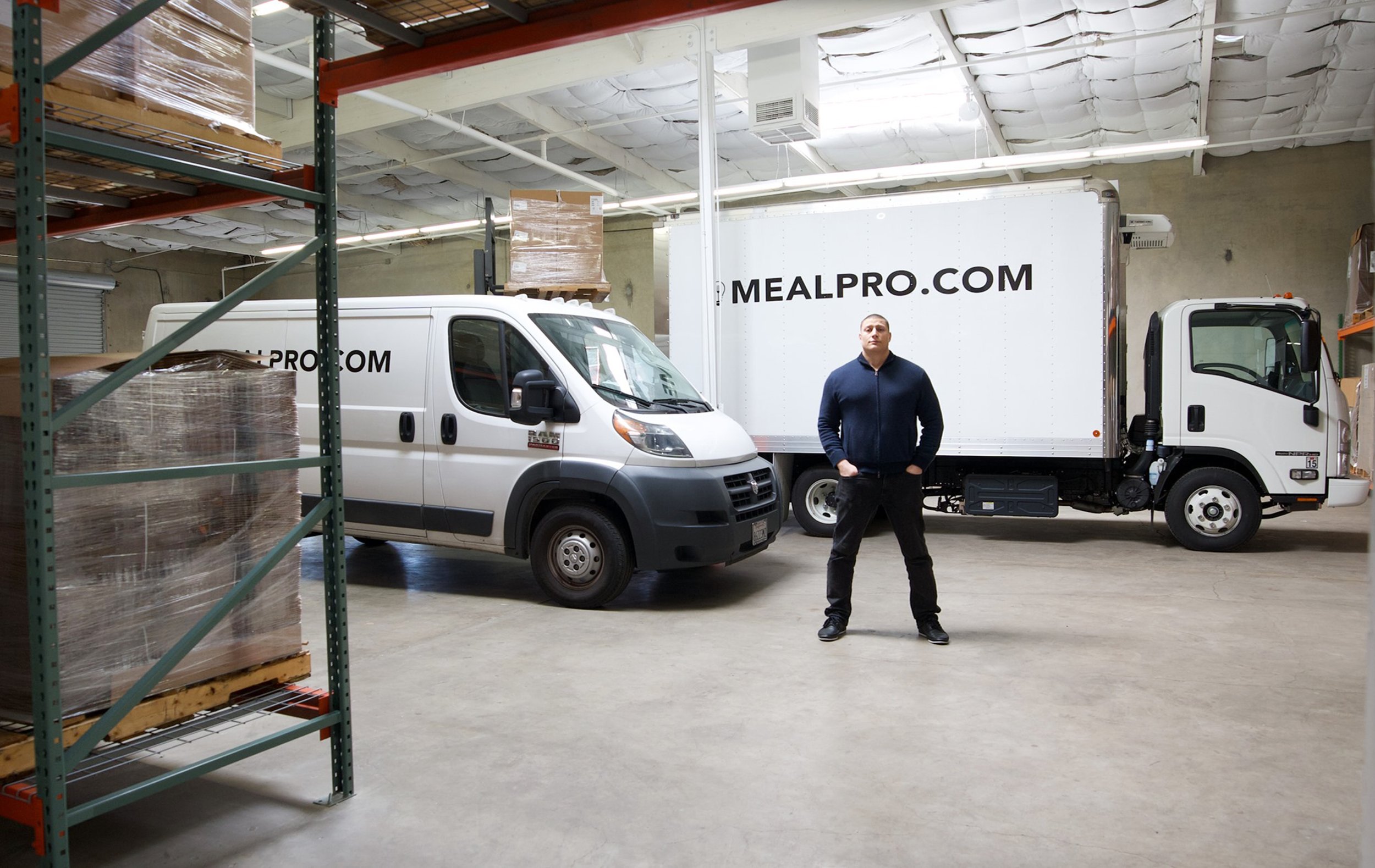Supreme Court Decision Clarifies Status of Delivery Drivers as Transportation Workers
In a notable Supreme Court ruling, written by Chief Justice John Roberts, it was unanimously decided that truck drivers hauling products like bread are in the transportation sector, not bakery workers. This decision overturned earlier rulings by the U.S. District Court for the District of Connecticut and the 2nd U.S. Circuit Court of Appeals, which had classified drivers as bakery workers, aligning them with the Federal Arbitration Act's arbitration requirements.
This Supreme Court decision opens up new legal avenues for drivers, allowing them to take their disputes to court instead of being forced into arbitration. The case centered on two drivers, Neal Bissonnette and Tyler Wojnarowski, who delivered products for Flowers Foods in Connecticut. The lower courts had previously found that these drivers were not engaged in interstate commerce and thus had to settle disputes through arbitration. However, the Supreme Court disagreed, highlighting that transportation workers don't need to be employed by a transportation company to be exempt from the arbitration mandate.
This ruling follows a similar decision from June 2022, involving a Southwest Airlines ramp worker, reinforcing the interpretation that workers involved in the movement of goods across state lines fall under the exemption. This decision could have broader implications for companies like Amazon and Walmart, which both handle retail and shipping, potentially affecting how disputes involving such workers are handled legally in the future.
Why This Matters:
If you're in the transportation and logistics field, this Supreme Court ruling is a pretty big deal and definitely something you'll want to keep an eye on. It clarifies that drivers who haul goods—even if it's just bread for a bakery—are considered transportation workers. This means they're exempt from mandatory arbitration under the Federal Arbitration Act and can take their disputes straight to court instead.
Our Take:
This decision could shake things up for how logistics companies classify and manage their workforce. It emphasizes the role of drivers as part of the transportation sector, regardless of the industry they serve. This could lead to more drivers pushing for similar recognitions, potentially affecting how disputes are handled and possibly leading to changes in employment terms and conditions. It's a heads-up that the line between being a delivery person and a transport worker is getting clearer, which could impact how businesses like yours plan their operations and manage their staff.














The Supreme Court is set to hear a significant case involving Douglas J. Horn, a commercial truck driver who lost his job after testing positive for drugs.